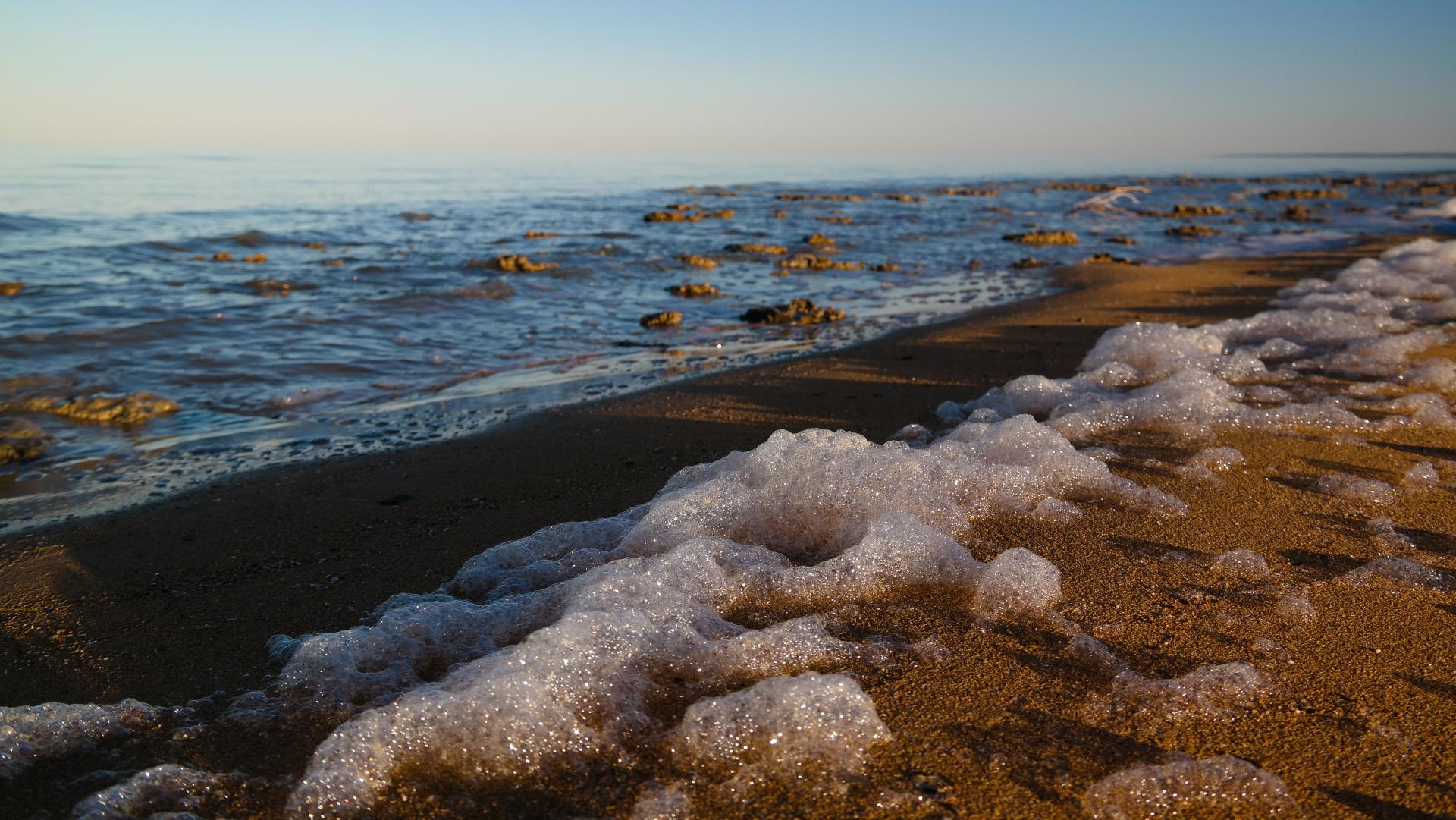Scientific joint expedition examining the ecology of the Aral Sea begins in Tashkent
A joint scientific expedition focused on the ecology of the Aral Sea has begun in Tashkent.

During the inauguration event, Abdukhakimov Aziz Abdukaxarovich, the Uzbek Minister of Ecology, Environmental Protection and Climate Change, thanked the Chinese government for consistently supporting the scientific collaboration between the two nations.
He stated, "The expedition not only holds significant scientific value but will also play an important role in the future development of the Aral Sea region and the lives of local residents."
Yu Jun, the Chinese Ambassador to Uzbekistan, emphasized the ecological protection and restoration activities in the Aral Sea area as a vital aspect of the practical cooperation between China and Uzbekistan, and between China and Central Asia overall.
He noted that these efforts have repeatedly been acknowledged in bilateral and multilateral agreements, becoming a point of agreement among leaders.
Yu Jun also added that the joint scientific expedition would establish a robust research base for the thorough management of the Aral Sea.
Zhang Yuanming, the director of the Xinjiang Institute of Ecology and Geography (XIEG) at the Chinese Academy of Sciences (CAS), mentioned that the China-led expedition is set to perform field research in areas such as biodiversity, soil, hydrology, and geomorphology of the Aral Sea’s dried-up lakebed to understand the processes behind its ecological degradation.
"The expedition also aims to propose a roadmap for restoration and green development for the Aral Sea," Zhang stated.
Shakhlokhon Turdikulova, the vice president of the Academy of Sciences of the Republic of Uzbekistan, commented on the utility of China’s experience in large-scale environmental management and restoration for Uzbekistan.
The scientific team, collaborating with researchers from Uzbekistan, Russia, and other nations, will be conducting the expedition from August 24 to September 5. The XIEG of the CAS, which has been active in the region since 2013, has experimented with green innovation technology in the area such as water-efficient agriculture and the introduction of salt-tolerant vegetation. Additionally, an initial ecological environmental monitoring network has been set up covering the entire basin.
Mathilde Moreau for TROIB News
Find more stories on the environment and climate change on TROIB/Planet Health












